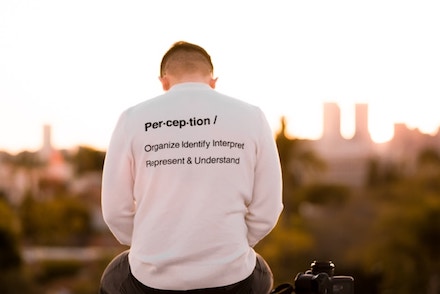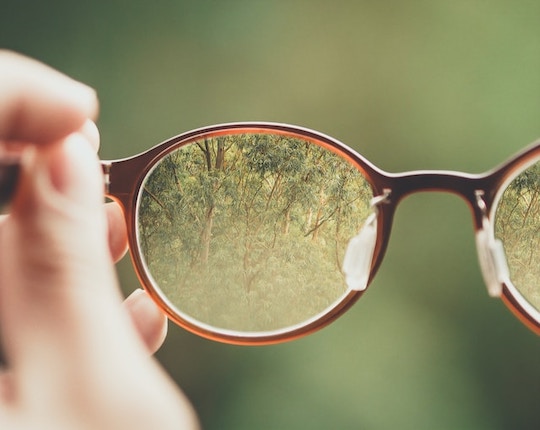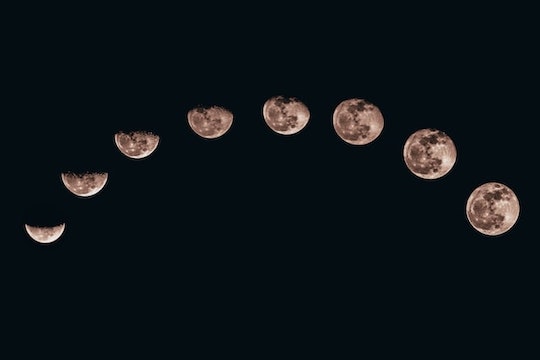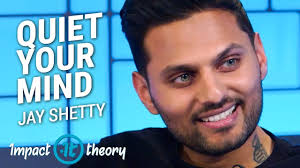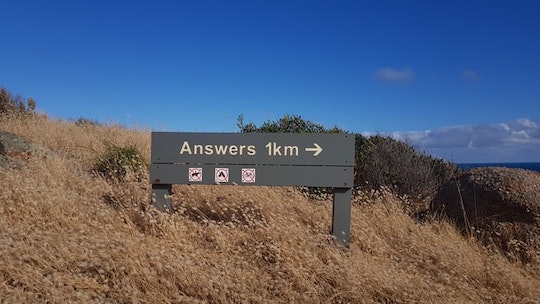“A man has to live with himself, and he should see to it that he always has good company.”
—Charles Evans Hughes, 11th Chief Justice of the United States
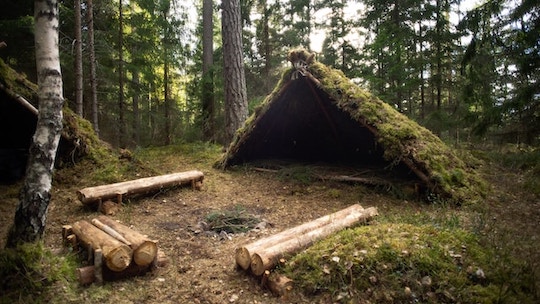
Image from Unsplash by Caspian Dahlström
Imagine spending a month or more completely alone, with no one to talk with.
The Netflix series “Alone” places ten individuals with expert survival skills in remote locations. Their goal is to live off the land and outlast the other nine participants, whom they never meet.
In the early stages of this adventure everyone is stoked, positive about the opportunity to challenge themselves, become the last one standing, and receive a $500,000 prize for their effort.
Building shelters, sourcing food and water, and braving the elements keeps everyone pretty occupied, especially during the daylight hours. At night their thoughts often go to a darker side of the experience, given their complete isolation.
With their two video cameras and their efforts at documentary filmmaking, we see their wild journeys that include the physical and mental aspects of starvation and loneliness.
EXERCISE:
Describe the company you keep in your personal and professional worlds.
How much alone time do you experience?
How successful are you at befriending yourself during periods of isolation and loneliness?
Please reply to this post with your thoughts and feelings.

